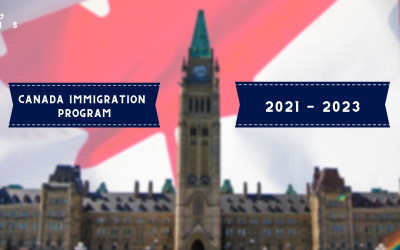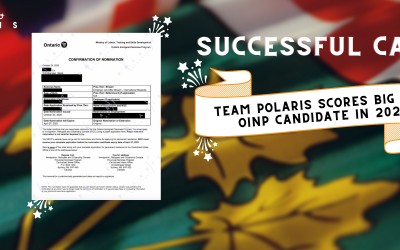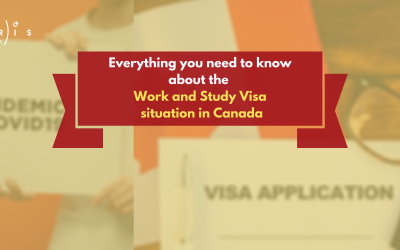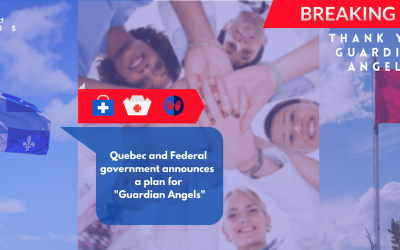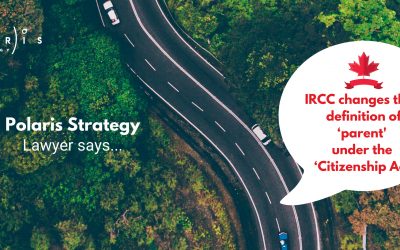Federal Court of Canada strikes down US ‘Safe Third Country’ agreement
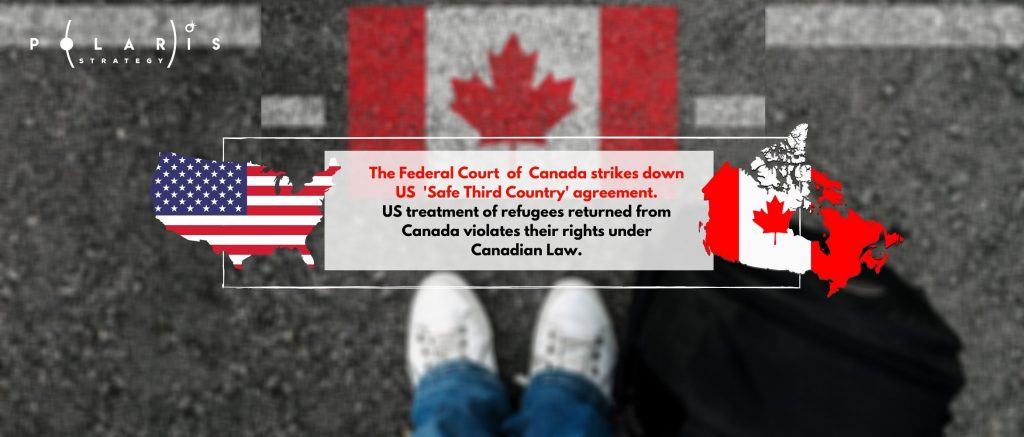
Federal Court of Canada strikes down US ‘Safe Third Country’ agreement – US treatment of refugees returned from Canada violates their rights under Canadian law
There has been a significant recent court decision in Canadian refugee law. In the case of the Canadian Council for Refugees v. Canada (Immigration, Refugees and Citizenship), 2020 FC 770 the Federal court has found that the safe third country agreement between Canada and the United States is unconstitutional.
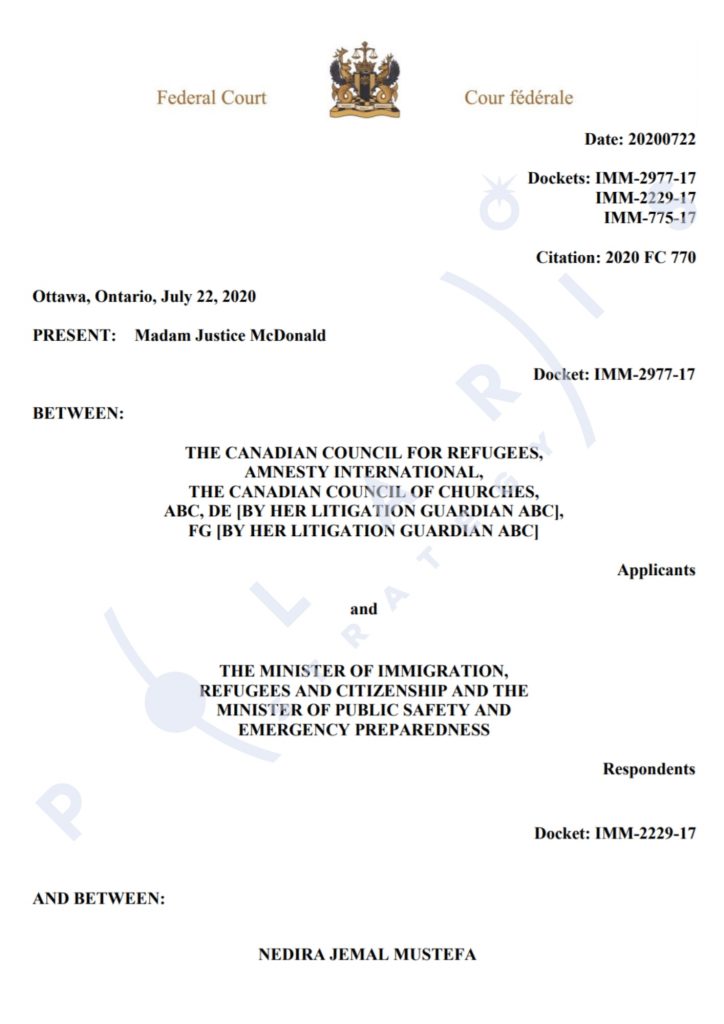
Federal Court of Canada strikes down US ‘Safe Third Country’ agreement – US treatment of refugees returned from Canada violates their rights under Canadian law
There has been a significant recent court decision in Canadian refugee law. In the case of the Canadian Council for Refugees v. Canada (Immigration, Refugees and Citizenship), 2020 FC 770 the Federal court has found that the safe third country agreement between Canada and the United States is unconstitutional.
Under the agreement, a refugee claimant is normally required to make their refugee claim in whatever country they arrive in first. If a claimant arrives in Canada from the US at a land border crossing, they will be ineligible to make a refugee claim and will be sent back to the US.
This agreement has been controversial since it came into force in 2004, but in recent years it has come under ever greater criticism in Canada. Since the election of 2016 public policy in the US has become increasingly hostile to immigration, and in particular, very hostile to those attempting to immigrate by irregular means. This has resulted in an ever-increasing difference between the way refugees and asylum seekers are treated in Canada, and how they are treated in the United States.
This criticism might be entirely academic – the US is, after all, a different country, and we in Canada do not get to tell them how to treat refugees – except for the safe third country agreement. When someone comes to a Canadian land border with the US and tries to make a refugee claim they are interviewed by an officer to determine whether their claim is blocked by the safe third country agreement. If the person is not able to make a claim in Canada due to the agreement Canadian officials will return them to the US and hand the person over to US authorities. The US authorities then typically place the person in a detention facility. These detention facilities are no different than jails, and there are documented cases of refugees being placed in solitary confinement and being held without bail or access to counsel.
The Federal Court determined that section 7, of the Canadian Charter of Rights and Freedoms – most particularly the right to be free of unjust imprisonment was violated by the CBSA practice of returning claimants ineligible because of the safe third country agreement to US authorities, who then imprison them – often under deplorable conditions. Because it is Canadian officials returning the refugees to the US, the refugees are able to gain the protection of Canadian law. The effect of the Court’s decision – to invalidate the US as a safe third country – will take effect in six months’ time unless the Federal Government elects to appeal this decision to the Federal Court of Appeal.
Recent Posts
- Canada Releases 2021-2023 Immigration levels plan
- Team Polaris scores a big win for Ontario Immigration Nominee Program (OINP) Client!
- OINP announces its intention to enact regulatory amendments for Employer Job Offer Stream
- Another win for Team Polaris: Successful Self-Employment Case of a Football Coach from China
- Know all about the revised Canadian Work and Study Visa Permit rules under COVID-19
